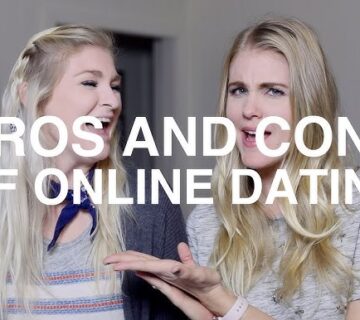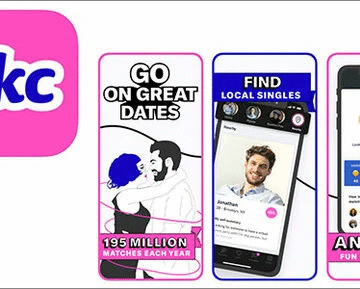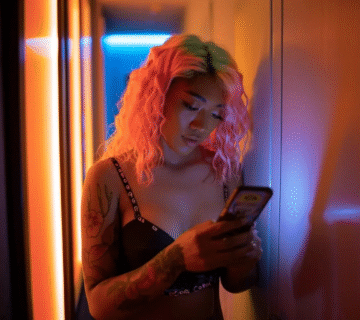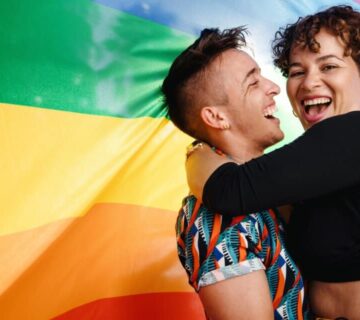For transgender individuals, dating often involves navigating a complex landscape shaped by social stigma, personal identity, and safety concerns. Despite increasing visibility and societal acceptance, transgender people continue to face unique challenges that affect their romantic and social lives profoundly.
This comprehensive 2025 guide explores the multifaceted challenges transgender people encounter in dating, strategies to overcome them, and ways to foster fulfilling, respectful relationships. Understanding these dynamics is essential for both transgender daters and their allies.
1. Social Stigma and Discrimination in Dating
One of the most pervasive challenges is societal stigma. Transgender individuals frequently report encountering:
-
Rejection based solely on trans identity
-
Fetishization or objectification by potential partners
-
Microaggressions and intrusive questioning about their bodies or transition
-
Being excluded or “filtered out” on mainstream apps by users with discriminatory preferences
Such experiences can contribute to feelings of isolation, low self-esteem, and distrust in romantic prospects.
2. Safety and Privacy Concerns
Safety is a paramount issue. Trans people face heightened risks including:
-
Harassment and verbal abuse on dating platforms
-
Physical violence stemming from dating-related encounters
-
Non-consensual outing or breach of confidentiality
-
Difficulties finding safe spaces to meet offline
Many transgender daters take extensive precautions, impacting spontaneity and emotional openness.
3. Disclosure Dilemmas
Deciding when and how to disclose one’s transgender status is complex. Early disclosure might prevent misunderstandings but risks rejection or hostility. Delayed disclosure can lead to feelings of dishonesty or betrayal.
Navigating this balance requires emotional labor and strategic communication, uniquely challenging for transgender individuals.
4. Limited Dating Pool and Community Size
Especially in less urbanized or conservative regions, transgender people often have a small local sexual or romantic community, limiting opportunities. This challenges the feasibility of commonly accepted dating practices.
Digital platforms offer solutions, but disparities in access and online harassment remain obstacles.
5. Internalized Transphobia and Mental Health Struggles
Transgender individuals may internalize societal negativity, which affects self-image and dating confidence. Depression, anxiety, and trauma from prior negative experiences can hamper relationship formation.
Recognizing and addressing these issues through support networks or professional help is key.
6. Misconceptions and Stereotypes
Dating often entails confronting pervasive myths:
-
That transgender people are “confused” or “deceptive”
-
That they must conform to certain gender presentations or roles
-
That transition status determines desirability or sexual practice
Challenging these stereotypes is critical for genuine connection.
Tips for Overcoming Dating Challenges
Empower Yourself through Education and Community
Seek out resources that build confidence and understanding. Engaging with supportive queer and trans communities reduces isolation.
Prioritize Safety and Set Boundaries
Use dating platforms with strong safety features. Clearly communicate personal boundaries and trust instincts.
Practice Thoughtful Disclosure
Tailor disclosure timing and depth according to comfort and context, allowing relationships to build on mutual respect.
Expand Social Circles
Explore online forums, social events, and LGBTQ+ spaces to widen connection opportunities beyond traditional dating.
Embrace Resilience and Self-Love
Maintain self-compassion, acknowledging that external challenges don’t diminish worth or deserve internalization.
Allyship: How Partners and Community Can Support
-
Respect chosen names and pronouns without exception.
-
Reject fetishization by valuing whole personhood.
-
Provide patience and open communication platforms.
-
Challenge transphobia in social and dating contexts.
-
Educate oneself continuously on transgender experiences.
Expert Insights
Psychologist Dr. Sofia Reid highlights,
“Healthy transgender dating requires acknowledging layered challenges while fostering genuine connection through empathy, respect, and shared values.”
High Authority Reference
For further expert guidance on transgender dating challenges and supportive practices, see the insightful resources provided by The Trevor Project:
The Trevor Project – Dating and Relationships for Transgender Youth
Read More: Best Transgender Dating Sites in 2025: Top Platforms for Authentic Connection and Safety
Conclusion
Transgender dating in 2025 involves navigating ongoing societal, interpersonal, and internal challenges. However, through informed strategies, community support, and resilience, transgender individuals can cultivate meaningful, respectful, and joyful relationships.
Expanding awareness and allyship further enables the broader community to dismantle barriers, fostering inclusive spaces where transgender love and identity thrive freely.








[…] Read More: Challenges of Transgender People in Dating: Navigating Reality and Building Resilience in 2025 […]